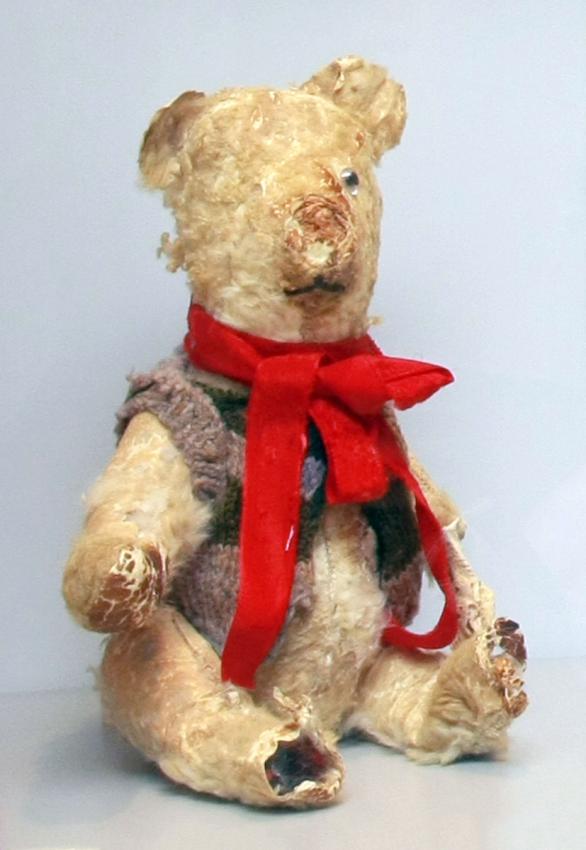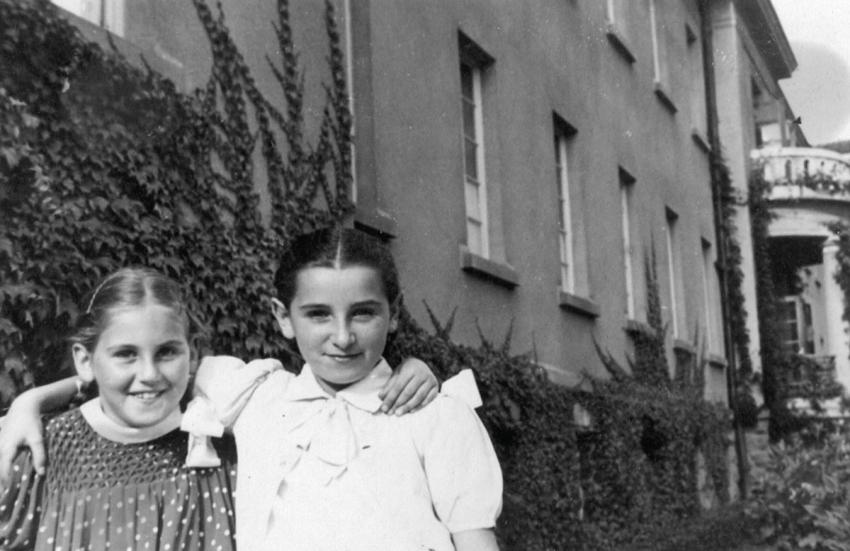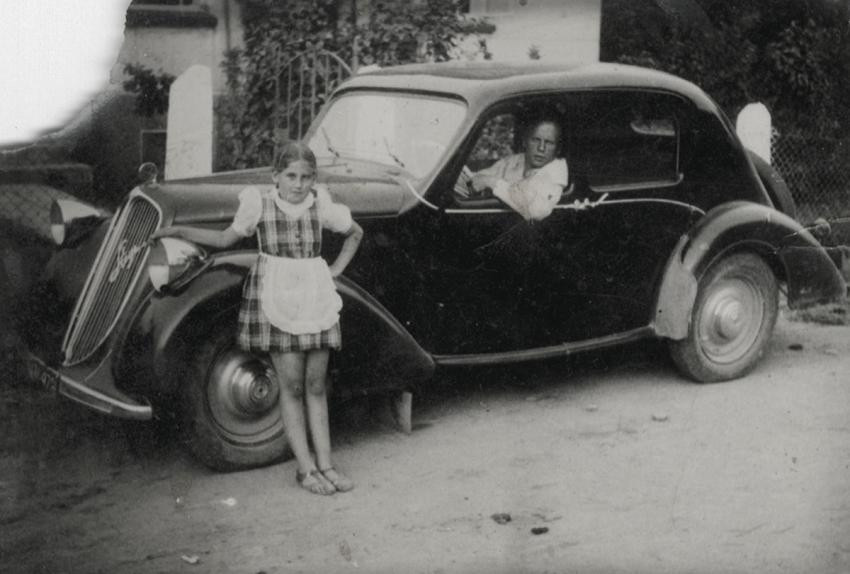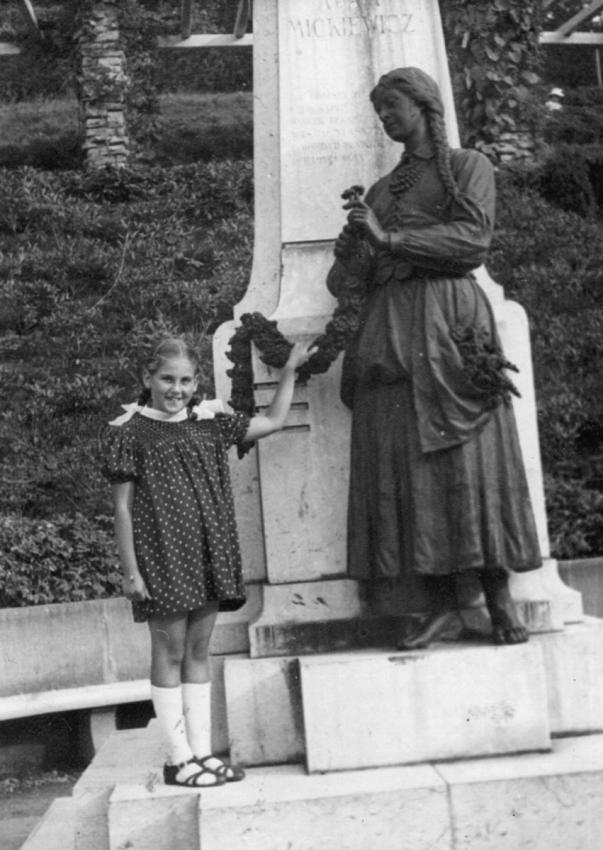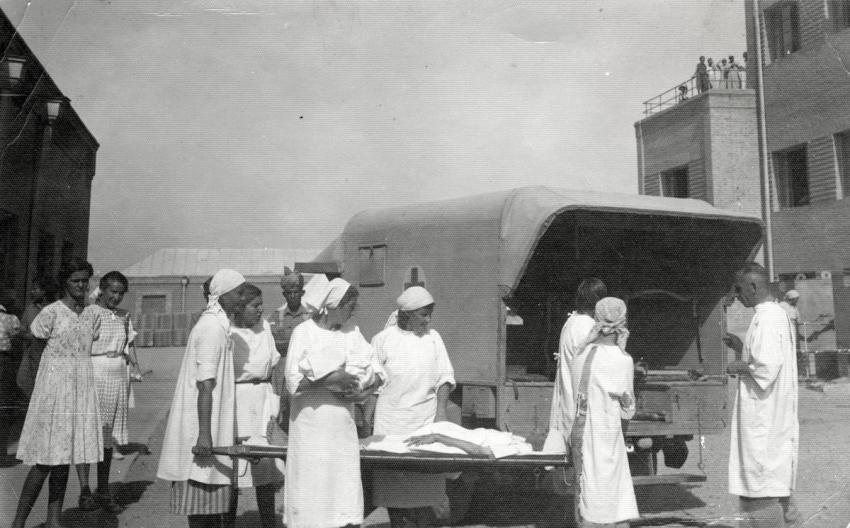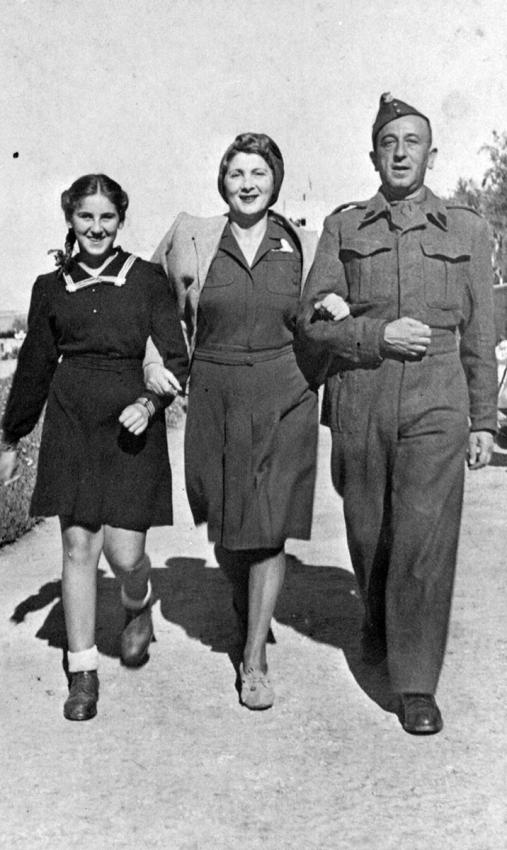In August 1939, Marton Knobel was mobilized as part of the Polish army’s emergency mobilization. After the capitulation of Poland, Marton managed to evade capture and make his way back to his wife and child, who had escaped their home taking only a few items, among them Stella’s teddy “Mishu”.
The Knobel family reached Czortków across the newly-formed border into Soviet- held territory. A few months after their arrival they were deported along with other Polish refugees when they refused Soviet citizenship. The refugees were sent to Siberia in freight cars in a journey that took nearly two months. There they were held in a labor camp in the forest. Marton was able to work in the nearby village as a doctor.
The refugees were released after the signing of an agreement between the Soviet government and the Polish Governmen-in-Exile in London in 1941. The Knobels made their way with thousands of others to Uzbekistan, where Marton was able to find employment as a doctor in a sanitorium. As a result, the family received accommodation and food.
Some time in 1942 Marton joined Anders’ Army, and served in a military hospital in Uzbekistan. He was able to send instructions to his family to join him. As Anna was recovering from typhus, it was young Stella who hired a cart to transport her mother and take them to the train station. When the army transferred to Tehran, Stella and Anna followed. The two spent over a year in the city, with Anna working as a nurse. Marton, who had been sent with the army to Iraq, managed to visit Anna and Stella. It was a memorable occasion that Stella remembers fondly, because they went out to a movie and Stella received her first watch.
In March of 1943 Stella and Anna joined the group of “Tehran Children” who made their way to Eretz Israel. It was Stella’s first exposure to Judaism and Zionism. After two months en route, mother and daughter arrived in Eretz Israel with a basket, five dollars and the teddy “Mishu”. Stella’s teddy was her friend and confidant through all their wanderings.
When Stella donated the teddy bear for safekeeping in Yad Vashem she said the following:
“Because I was an only child who very much wanted a sister and brother, the teddy is like family…he was my sister and my brother and I clung to him….I didn’t have other toys….he’s part of my family…the last remnant of my home in Poland…I know that in Yad Vashem he’ll be taken care of…I thought of burying him in the garden, but I was afraid that someone would find him and get rid of him…the thought that he could be thrown in the garbage is terrible to me…it (the teddy) is symbolic of my life”
Yad Vashem Artifacts Collection, Gift of Stella Knobel, Givatayim, Israel
